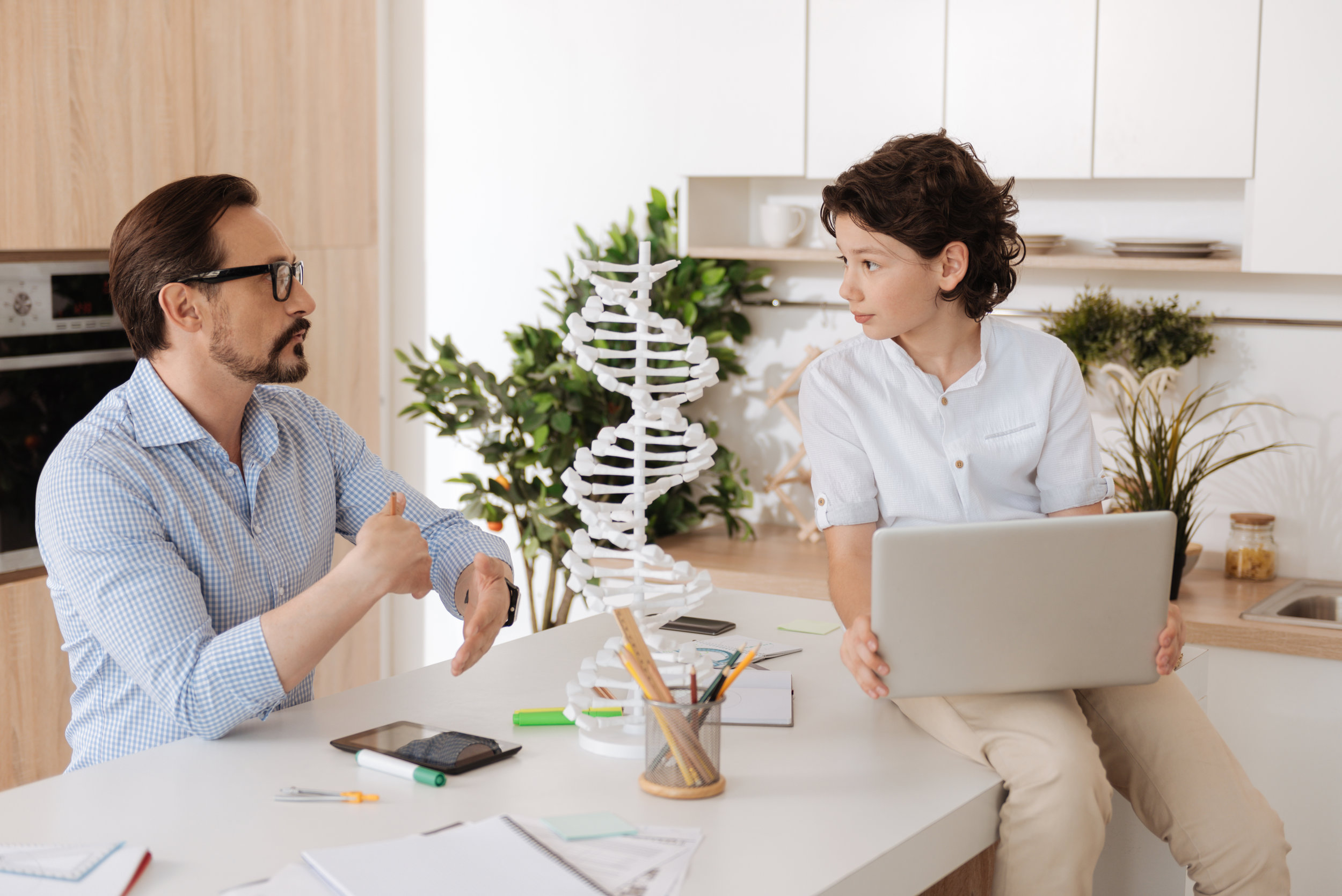Why Do We Do Science Experiments Someone Else Has Already Done?
There’s value in repeating experiments, but don’t forget to make time for your own science questions, too.
One of the great things about the rise of the Internet is that you can find any science experiment on YouTube.
Sometimes, I’ll queue up a few versions to show my kids before we tackle an experiment at home. This is handy: We can see how the experiment is supposed to look, so that if something goes wrong, it’s easier to troubleshoot. It also gives the kids an idea of what to expect, which helps them focus on paying attention during the different steps of the experiment. And it’s fun to feel like part of a community of people doing the same experiment — that’s one of the things I miss being a homeschooler instead of a science teacher these days.
But a few weeks ago, when I started another video for a jelly bone experiment we were doing with the Thanksgiving leftovers, my son — he’s 11 — said, “What’s the point?”
“What?” I said.
“We’re not really experimenting to see what happens,” he said. “We already know. It’s already on YouTube like a hundred times. What’s the point?”
I hesitated. There IS a point to repeating experiments — it’s called science. We repeat experiments because every experiment doesn’t work out perfectly, and different scientists may get different results. If we repeat an experiment, we can see whether the results are always true, or sometimes true, or only true once every leap year.
Doing experiments someone else has already done also helps us build our science toolkit. That’s why those YouTube videos are so useful. When we can see how someone else does an experiment, we can develop a good lab technique — and, if things go wrong, seeing where other people went right can help us redo the experiment more successfully.
And, of course, there’s always a chance that repeating an experiment may teach us something new. We could discover something no one else did before. True, that’s unlikely when we’re doing the same strawberry DNA experiment every 5th grader in the country does in science class, but it’s always possible.
All of those are good reasons for repeating experiments, and I started to explain them to my son. Later, I did talk about them. But I didn’t answer him then because I realized that he was asking a scientist’s question.
“That’s true,” I said. “What’s a science question you think we should answer?”
And just like that, our science routine changed. We still do experiments where we know what happens, but I also make a point to do experiments based on our own real-life questions. We experimented to see what ants do when it rains and whether people are more likely to use a trash bin in the park if it has a white bag versus a black bag. Because repeating experiments is important but so it encouraging scientific curiosity.
Misty Heaslet is a middle school science teacher turned homeschool mom. She lives in western North Carolina.


